
Autism (or autistic disorder) is a development disorder, affecting children. 1 out of 150 children worldwide is affected by this disorder and the first symptoms are usually visible before the third year. The main characteristics of autism are impaired communication and social interaction and repetitive behavioral patterns.
For the time being, scientists haven’t been able to identify the cause of autistic disorder, nor to find the cure for it. Parents with autistic children are faced with the hard decision, having to decide which treatment is best for their children. Many treatments used so far haven’t been of much help, and most of them were designed to alleviate some of the symptoms following the actual disorder, such as gastrointestinal problems, irritability, aggression and depression.
Be Careful When Choosing the Treatment
However, there are some guidelines that might be helpful in deciding the treatment, especially if it’s something you found on the Internet. There are no cures for autism and not a single medication or remedy tested so far hasn’t achieved some dramatic improvement in autistic children. So, it best to avoid the products claimed to provide amazing and astounding results. Products designed to treat multiple medical conditions or without any specific treatment goals should also be kept away from. Do not trust the products that said to have no adverse effects, because that simply can’t be true. No medications or treatments are 100% free from side effects. Also, look for scientific results and studies about the marketed product. If there aren’t any – do not trust thesellers.
What to Avoid
Several treatments are already found to be ineffective and/or dangerous for autistic children. Intravenous (IV) immune globulin therapy, chelation therapy, high doses of magnesium and vitamin B6 and casein-free or gluten-free diets are untested and unproven.
Potential Autism Treatments
Treatments that work for autism exist. The best results were achieved through the behavioral therapy and use of medications, used together. The behavioral intervention was able to teach the children to some language and social skills, while medications eased other health problems (gastrointestinal, anxiety, depression, etc.).
At the moment, scientists are focused on other possible treatments for this disorder, such as methyl vitamin B12 or the drug used in Alzheimer’s disease called Namenda. Methyl vitamin B12 was already used in a controlled drug trial, but the results weren’t conclusive. The aim of the trial was to improve the language and social skill of autistic children, by improving altered biomarkers for oxidative stress.
Other trial included the use of omega 3 fatty acids and fenobam (the drug for another genetic disorder, sometimes also linked to autism), but also some genetic markers and genetic testing in autistic children.


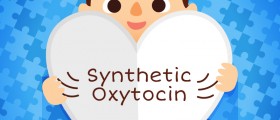

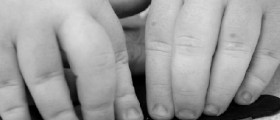
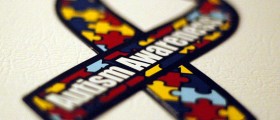

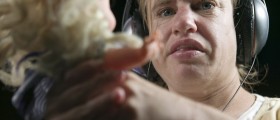
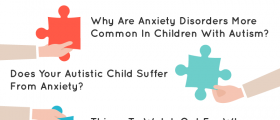
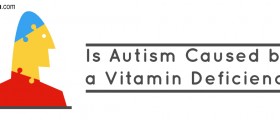







Your thoughts on this
Loading...